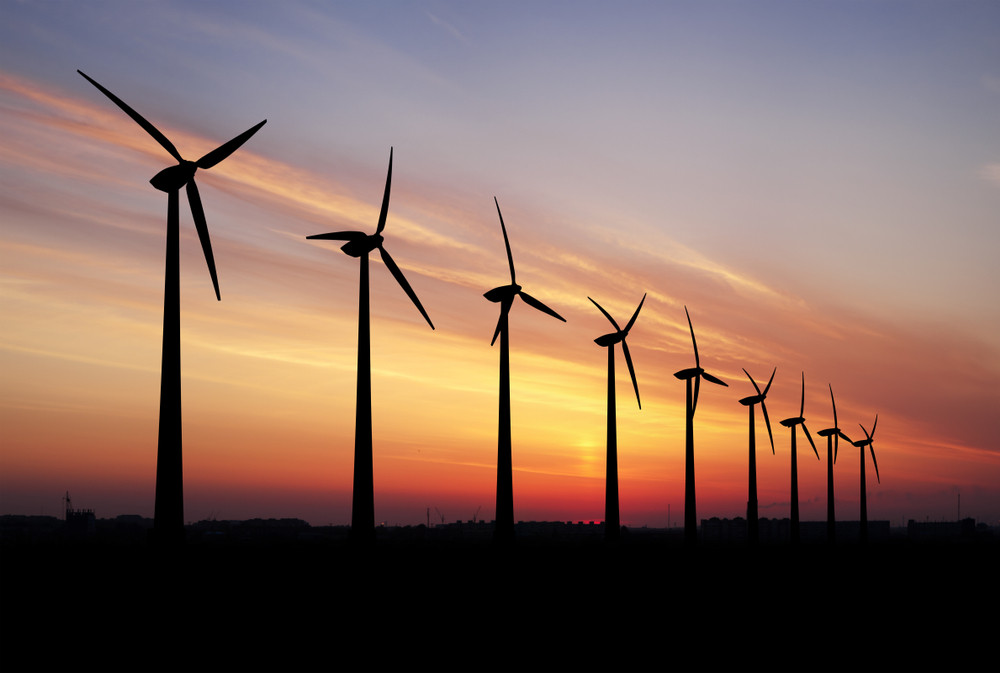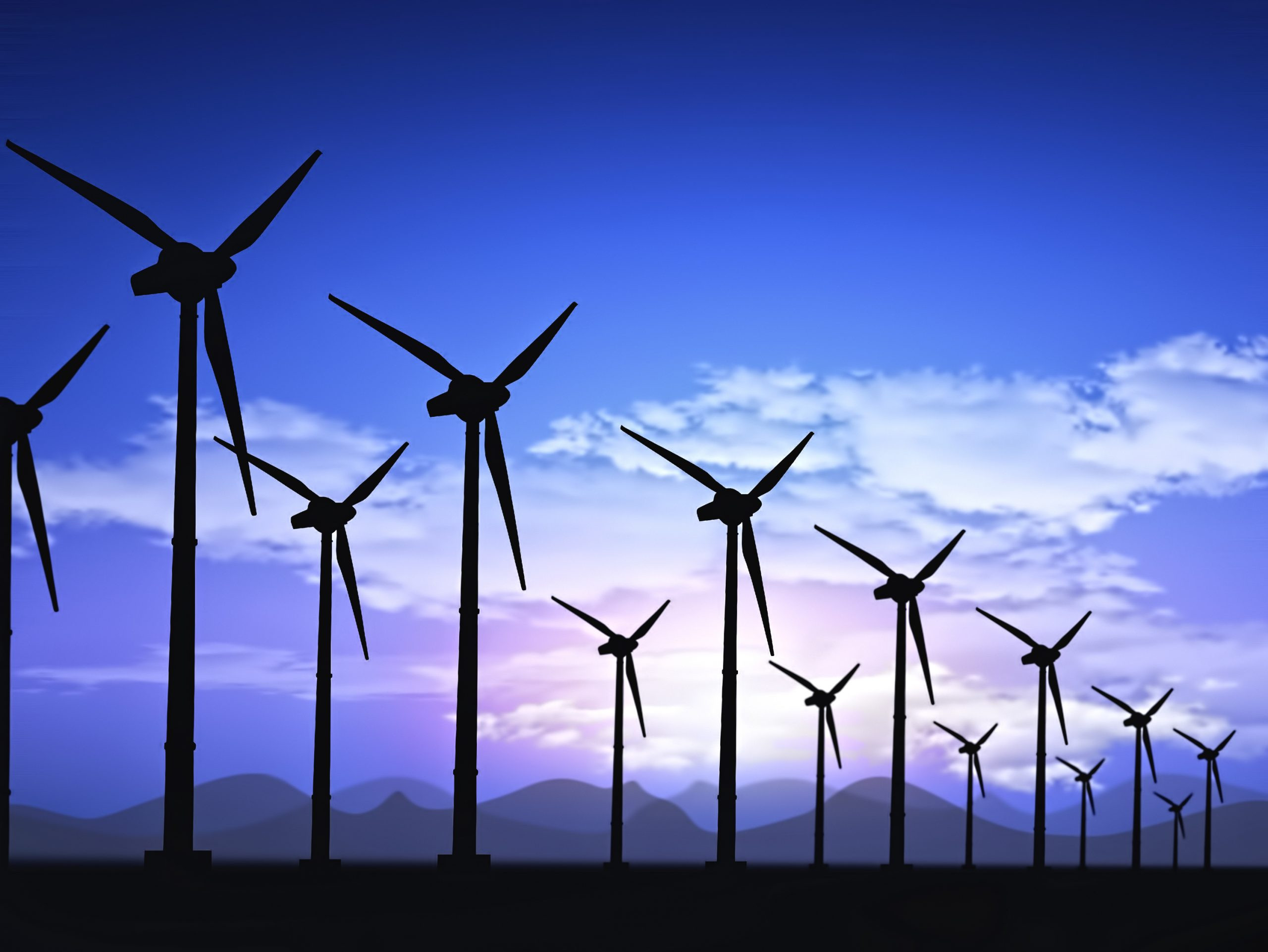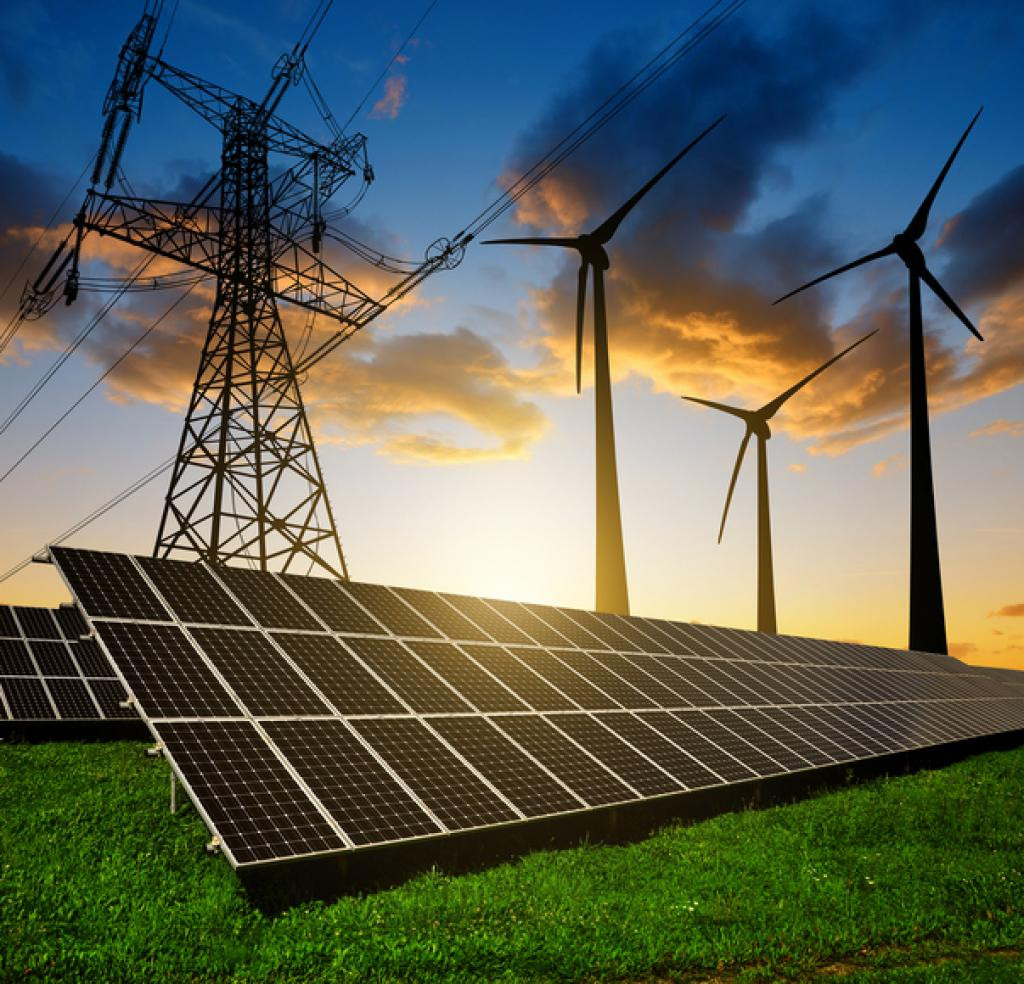Wind Energy Companies and the PSO Levy: A Tale of Overcharging and Higher Bills?
The debate surrounding energy costs in Ireland has taken a new turn, with wind energy companies now accusing the regulator of overcharging them, which they claim is leading to higher electricity bills for consumers. This accusation stems from a change in the Public Service Obligation (PSO) levy, a charge that helps to subsidise renewable energy generation.
The PSO Levy and Renewable Energy Generation
The PSO levy is a critical component of Ireland's efforts to transition to a more sustainable energy future. It guarantees a price for electricity generated from renewable sources, such as wind and solar power. This financial incentive encourages investment in renewable energy projects, ultimately aiming to reduce Ireland's reliance on fossil fuels.
However, the recent hike in the PSO levy has sparked controversy. Consumers are facing higher electricity bills from October onwards, after the energy regulator, the Commission for the Regulation of Utilities (CRU), confirmed it will increase the levy. The levy will be €40 a year per household, a stark contrast to the zero levy that applied this year.
Wind Energy Ireland's Accusations
Wind Energy Ireland, a lobby group representing the wind energy sector, has been vocal in its criticism of the CRU's decision. The group claims that the regulator overcharged electricity generators last year, resulting in a need to collect a higher levy this year to correct the error. Wind Energy Ireland asserts that the levy will cost households a combined €17 million from October due to this alleged overcharging.
Justin Moran, Director of External Affairs for Wind Energy Ireland, stated that “Irish wind and solar farms will pay back to electricity consumers a net €17m over the 2024/25 PSO period.” He explained that new renewable energy projects, when prices are high, return excess revenue to help Irish households and businesses.
The CRU's Response
The CRU, however, maintains that its calculations for the PSO levy were based on the volatile energy market conditions in the summer of 2022, following the Russian invasion of Ukraine. The regulator argues that these calculations were necessary as estimates, given the fluctuating nature of wholesale prices.
The CRU emphasized that “as with all estimates in the PSO levy process...these estimates have been higher or lower than the actual wholesale price during each of these years, which means there has to be a correction each year.”
The regulator also pointed out that in 2022/2023, the charges collected from generators based on the higher price were returned to customers. It explained that the current increase in the levy is due to generators not making as much from the market in 2022/2023 as had been initially estimated.
A Complex Issue with Far-Reaching Implications
The disagreement between wind energy companies and the CRU highlights the complex nature of Ireland's energy landscape. The PSO levy is a mechanism designed to support renewable energy generation, but it also impacts consumers' energy bills. Finding a balance between these competing objectives is essential for Ireland's energy transition.
This situation underscores the need for transparent and robust regulatory processes, particularly in an evolving energy market. The debate also raises questions about the effectiveness of the PSO levy in achieving its intended goals and its impact on electricity prices for consumers. As Ireland progresses towards a more sustainable energy future, ensuring that the mechanisms in place are fair and transparent will be crucial.
The Need for Transparency and Accountability
The recent accusations from wind energy companies and the CRU's response highlight the importance of transparency and accountability in the energy sector. The regulator's decisions impact both energy generators and consumers. It is essential that these decisions are based on sound data, clear processes, and open communication to ensure that all stakeholders understand the reasoning behind the policies that affect their lives and businesses.
Moving Forward: A Call for Collaboration
The current controversy over the PSO levy provides an opportunity for a constructive dialogue between the energy regulator, wind energy companies, and other stakeholders. This dialogue should focus on finding a solution that balances the need to support renewable energy generation with the need to keep electricity prices affordable for consumers. Collaboration and a commitment to transparency will be essential in navigating the challenges and opportunities of Ireland's energy future.



















